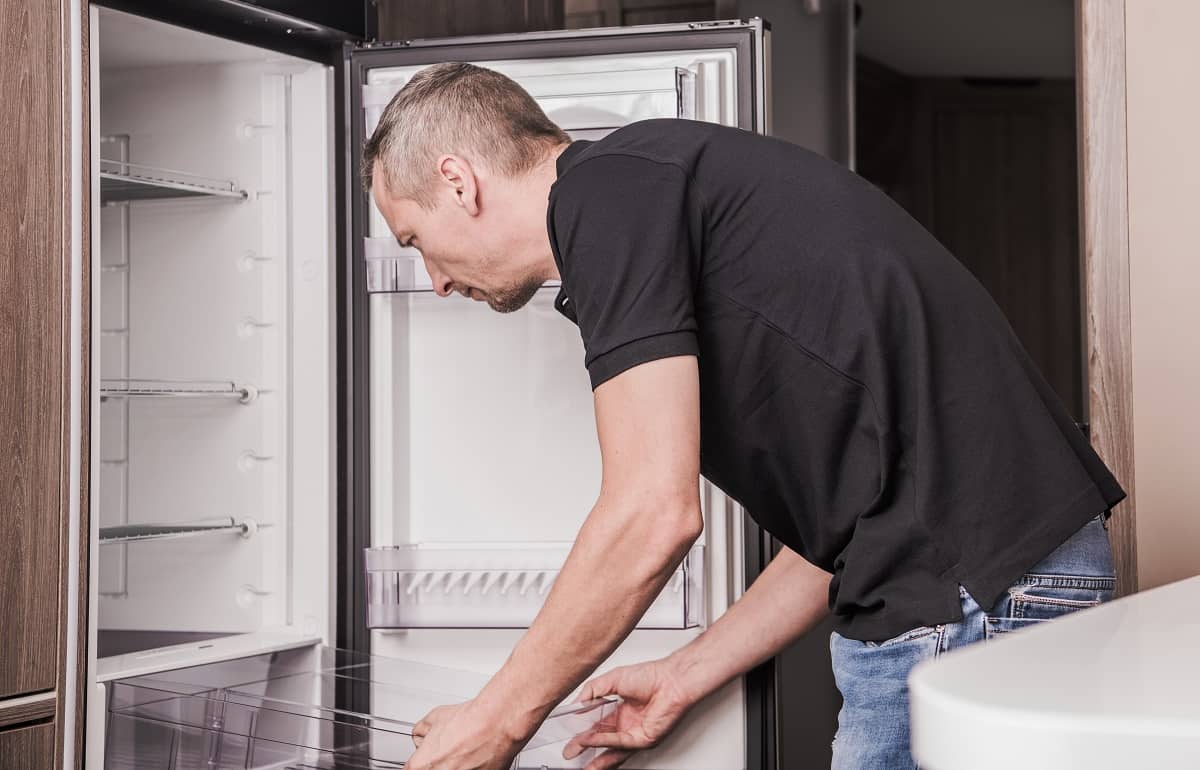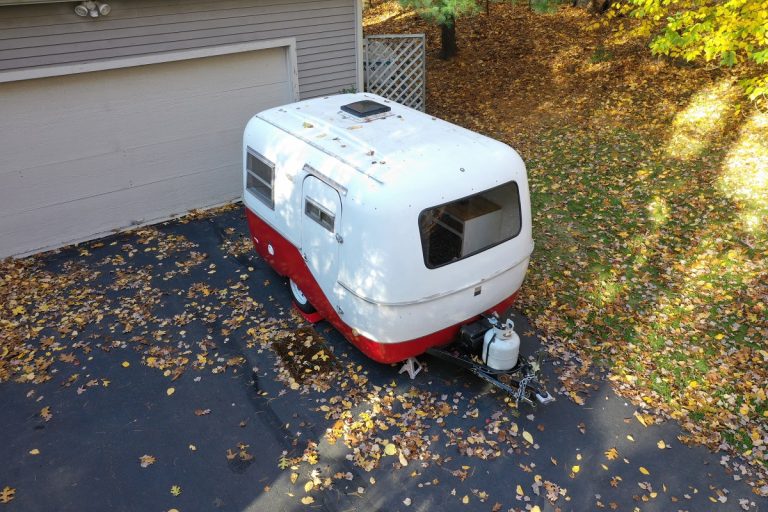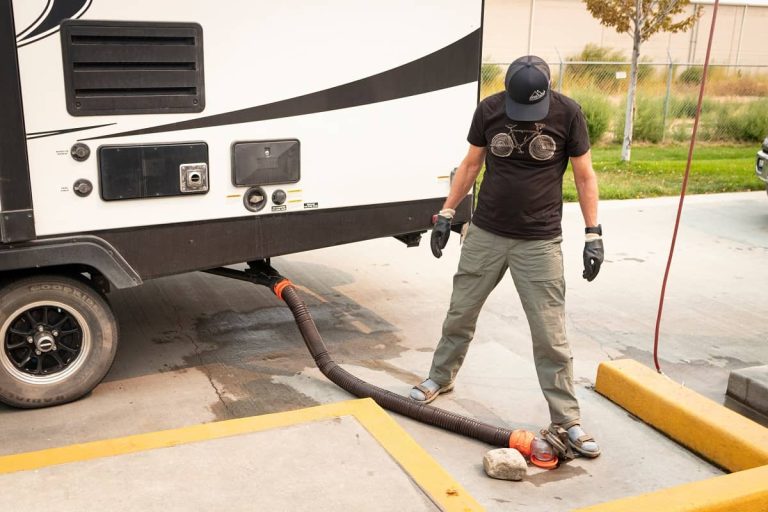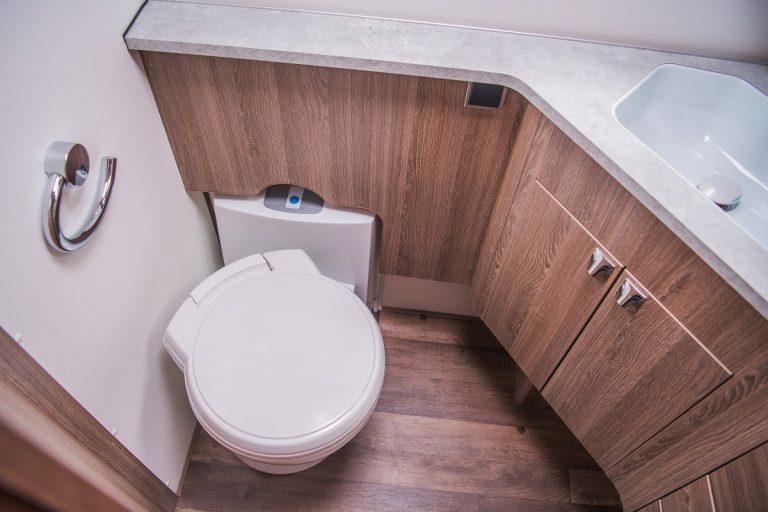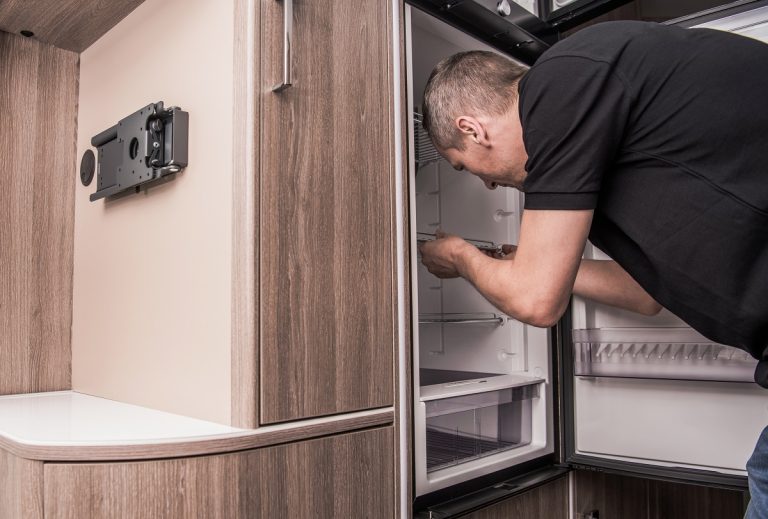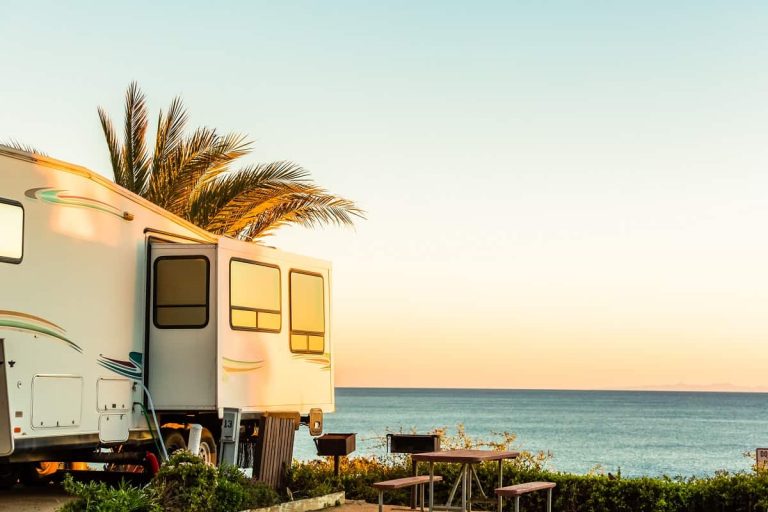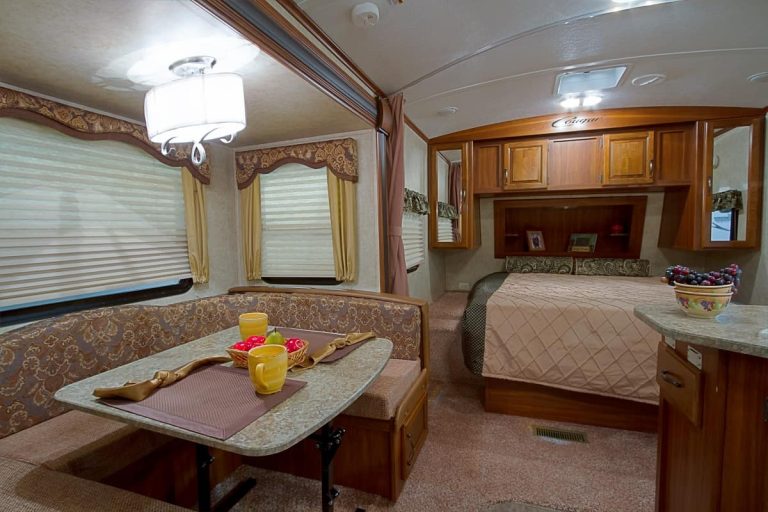Does a RV Propane Fridge Need Electricity?
RV propane refrigerators are a lifesaver on the road. With cheap energy from propane gas, you can run your RV fridge and ensure your food supplies never spoil and that there are always cold drinks to go round wherever you camp.
However, if you have a curious mind like us, you must have wondered at some point if your RV propane fridge could work with zero electricity.
If you get stuck somewhere with a dead RV battery and need to wait several hours to get a battery recharge or replacement, will the food in your camping fridge keep, or would you lose three days’ worth of food to spoilage?
Does your RV propane fridge need electricity to run?
RV propane fridges do not need electricity to run; however, they do need electricity to get started. So, while your propane fridge wouldn’t need to use a steady supply of a significant amount of electricity to refrigerate your food, if there is zero electricity present, it typically would not run.
This problem stems from the fact that modern RV refrigerators do not use a manual ignition system. Yes, the refrigerator gets its power for cooling items from burning gas, but typically in these units, the only way to ignite the gas so it starts burning, is with an electric charge.
RV propane refrigerators come equipped with an ignition system that needs to draw power from your RV’s DC battery to spark the flame that produces the energy necessary to keep the refrigerator running.
Editor’s Note
Some older propane fridge models pack a manual ignition system and control panel instead of an electric one. If you have a model with this feature, you will have no problems using your refrigerator with no electricity present. However, these models are hard to come by, and most manufacturers are phasing them out of production.
In most cases, these propane fridges also feature a digital control panel that controls the gas valve, regulating how fast the gas flows, how much power is delivered to the refrigerating unit, and how quickly it cools your food.
With this setup, if there is no DC power delivered from your battery to this control panel, the gas valve will have to shut down for safety reasons since its controlling device has failed.
Hence, even if your propane fridge has already drawn power from the DC battery onboard to get the flame started, if you dislodge the DC battery or it dies out, the gas valve will still shut down, killing the flame and rendering your RV propane fridge inactive.
Editor’s Note
While propane fridges with automatic ignition systems need a DC power source to work, the ignition system and the control panel require extremely minimal electricity. Hence, even if your battery has a minuscule amount of charge left (provided it is not flat out), it should be able to keep the system running.
FAQs
How does a propane refrigerator work?
RV propane fridges replace conventional AC-powered refrigerators’ compression process with an absorption process that uses the heat from a propane gas flame to power the unit.
In a propane fridge, the gas flame heats a mixture of distilled water and ammonia and turns it into vapor.
This vapor flows to the separator, which sends the lighter ammonia gas to the condenser. It mixes with compressed hydrogen gas, becomes frozen vapor used for cooling the unit, and sends the water vapor back to the absorber for use in the next cooling circle.
How much propane gas does an RV propane fridge consume?
Thanks to the high demand for RV propane fridges and the consequent rapid technological advancement, newer propane refrigerator models now pack a superb gas efficiency that will put most electric-only units to shame.
Modern propane refrigerators require around 230-240 grams of propane per day to function.
This impressive statistic implies that the average RV propane fridge could stay active for up to 60 hours off a gallon of liquid propane.
Contemporary propane fridges are also considerably better equipped to minimize carbon monoxide (CO) emissions. Today’s industry-standard offerings will only emit around 0.001 PPM of CO via exhaust vents.
The regulation safety standards for carbon monoxide emission consider up to 50 PPM safe for living spaces.
Are Propane Refrigerators Reliable?
One key reason propane fridges are the go-to for recreational vehicles is their extreme durability.
Unlike traditional AC-powered fridges, a propane refrigerator comes without a compressor, zero moving parts, and no mechanical installation. Consequently, there is no wear and tear due to friction between components.
Hence, the only time your RV propane fridge can only act up if there is an issue with the pressure system, electrical ignition system, or electrical components. You can typically replace all of these pieces for dirt cheap.
However, all gadgets must meet an end. So we are not saying your RV propane fridge will last forever. Nevertheless, it is not uncommon to see 30-year-old propane refrigerators that are still fully functional.
Also Read: Does an RV Fridge Need a Battery to Run on Propane?
